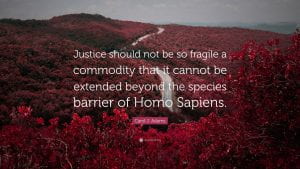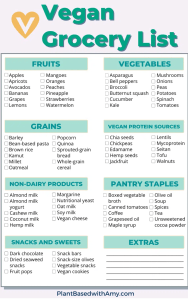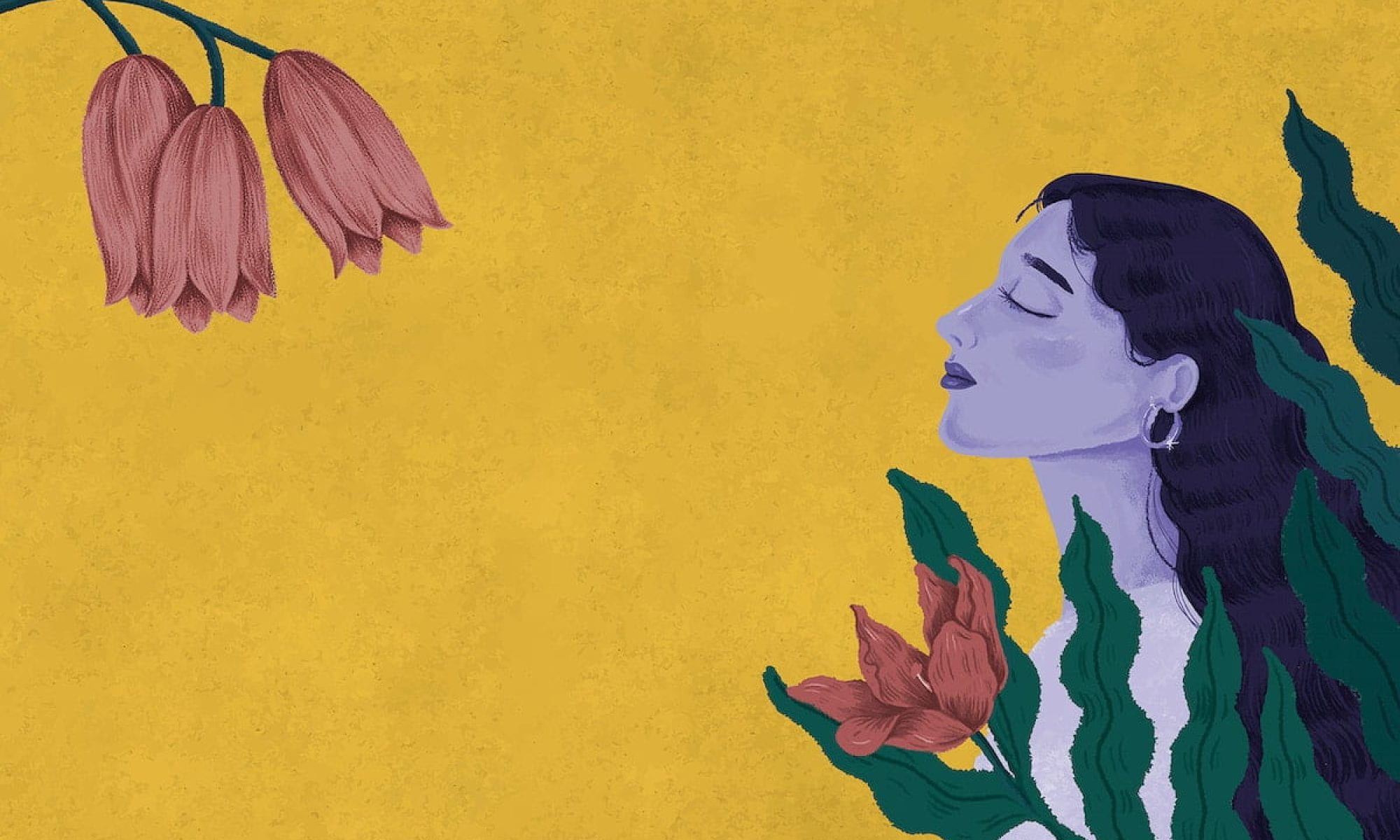
As I reflect on the various topics of gender and environment connected issues we have covered this semester, I am greatly drawn to vegetarian ecofeminism. Having grown up in a culture that constructed meat eating as “normal,” it had rarely crossed my naïve mind how oppressive these actions are to the lives of non-human animals. As I read through the work of Gaard, Curtin, and Eisenberg, I became astonished at the connection between meat eating and the oppression of women and non-human animals. It made me think about my own contribution to this very exploitation that our society deems acceptable to fit into cultural scripts of gender performativity.
Why are we taking part in violence against life that is not our own?
Why is it that we follow the desires of patriarchy in establishing superiority between species?
Society capitalizes off the narratives created by food industries and for this reason we have lost the connection held between all forms of life including that of the natural environment. It is with this that I will take on a personal activist action that diminishes exploitation of non-human animals. As you are reading this post, I have begun the first step in putting my theoretical viewpoint into action. Although this project asks us to set a timeframe to implement our proposals, I wish to continue this activism beyond the concluding update.

To understand the extent of my activism, I will begin eliminating any animal flesh and animal products from my diet. Veganism is defined as a plant-based diet avoiding all animal foods such as meat, dairy, eggs, and honey as well as any other animal byproducts. I plan on consuming a diet centered around foods such as beans, legumes, fruits, and grains just to name a few. To the left is a small example list of plant-based foods taken from a vegan nutrition website which I plan on utilizing to help me with preparing meals over the next week. I will also use a vegan calculator to track the amount of animal lives I saved as well as other natural resources that are degraded in connection to animal consumption.
For me, this is much more than following an outlined regimen, it is the incorporation of political views and personal ethics into my actions. I am brought back to Gaard’s words in which she calls on our ethical responsibility in recognizing the non-human animal as our extended families; taking part in animal consumption is not only exploitation towards the non-human animal but also adherence to patriarchy in which works to subjugate those disadvantaged by man. In addition to veganism in my own practice, I wish to take this activism to the classroom in another one of my courses which focuses on rhetoric in our society. This will look like a set of proposed social media posts which connect the marketing rhetoric of meat to patriarchal notions of hegemonic masculinity informing others of the avoidable exploitation of non-human animals and its connection to the oppression of women.
With the combination of personal actions in my own life as well as awareness to those around me, I hope to apply the importance of the vegetarian ecofeminist theoretical perspective in ways that can make a larger impact in the community. Societal ideologies continue to embed that the self is what matters as power and profit are the leading aspirations of life, but in following this, oppression continues to ripple across those who fall below advantaged identities. For me, vegetarian ecofeminism is more than terminating the consumption of non-human animals, it is the ethical obligation to object to the commands of patriarchy and sympathize with the treatment of the non-human animals’ life as our own.


Hi Kylie!
This was such an empowering post to read! The image that concludes your post is so simple and yet SO powerful in illustrating your new perspective.
I admire your commitment to completely changing your diet. It takes strength and conviction to not just engage with discourse but to actively make a change that aligns with your view.
I’d be curious to know what kind of diet you followed prior to this veganism shift? Did you occasionally enjoy vegan foods prior to this plan, or were you strictly a chicken nuggets and mac and cheese kind of person? Have you ever tasted tempeh, vegan butter, or vegan cheese prior to the swap?
I understand that for you, this is strictly a matter of an obligation to do what’s right, not a matter of personal preference or privilege that would just further the logic of domination, but I still think it’s interesting to understand exactly what you’re changing, or giving up, as a means to exemplify for your support of nonhuman animals.
I’d also like to know how you plan to make such a drastic shift? Are you looking up recipes/buying a new vegan cookbook? Are you shopping at a different grocery store with more vegan options? Are you cooking everything from scratch, or are do you notice that restaurants have meat alternatives readily available now?
Hi Jasmine,
Thank you so much for your kind comment! Prior to my action of shifting to veganism, I consumed animal products in general: fish, chicken, eggs, honey, cheese (although I am not a fan of pork/red meat). Needless to say, while I do enjoy plant-based foods within my diet, I did consume animal flesh/animal products. To answer your question about my plan in shifting, I enjoy cooking so I will be shopping for and preparing my own meals/snacks. I started to use vegan cooking websites that provide recipes and have bought vegan products, cheese and butter being some of them! I appreciate your interest in my activism and I hope you visit back for my update!
Best,
Kylie C.
Hi Kylie,
I enjoyed reading your post, and your passion for this topic stood out to me. Your usage of a vegan calculator to keep track of the animal lives you save seems like a good way of staying motivated in this dietary shift.
When reading your plan, I was reminded of the Terry Tempest reading we did on the politics of place. Tempest argued for the importance of stories in creating political conversations about place. For Tempest, stories are “where we remember what it means to be human, living in place with our neighbors” (2002, p. 3). Although Tempest was writing about stories and their relation to physical places, I think this can also be applied to a more social construction of place as a web of connections between people, animals, the environment, and food systems. By taking a more intentional approach to daily food and its connection to animals and the environment, your project creates a story about the food systems that exist in our society. Hopefully, your experiences and gained knowledge of the environmental connections to food will give you stories that will engage others in political conversations about food systems.
I can see how your project connects logically to the social media posts related to the marketing of meat and exploitation of women and animals. In addition to posting information on this topic, you may want to include some actionable steps people can take to reduce the power of the meat industry. These might be links to local activist organizations or the promotion of accessible vegan options. I often find my food choices relate most to the amount of time and money I have to spend on food. I feel convinced of the ethics and environmental advantages of a vegan diet, but I also struggle to see the accessibility of such a diet. To reach a wider audience with your posts, you could include vegan food options that are filling, cheap, contain easily accessible ingredients, and do not take much time to prepare. This might help people feel inspired by your information on the connection between meat eating and oppression while also giving them examples of actions they can readily incorporate into their daily routines.
I am sure that your project will end up being both engaging and empowering, and I look forward to hearing more about your results!
Williams, T. (2002). Red: Passion and Patience in the Desert.
Hi Jennifer,
Thank you so much for your kind comment! The connection you highlight from Willams’ reading is a great point to bring to our attention as we must remember our connection to all life and the communities in which we live in, our responsibility to sympathize and value the lives of nature just as our own. Thank you also for your feedback in providing additional options and ingredients for audiences as a further approach to empower others that veganism is accessible. I appreciate your interest in my activism and I hope you visit back for my update!
Best,
Kylie C.
Hi Kylie,
I too reflected on the various topics of gender and environment connected issues we covered this semester and have decided to go vegan. I know it might not be an easy thing to do after a lifetime of meat eating. It truly is surprising how society constructs it as “normal,” while ignoring the fact that it is oppressive to non-human animals. I think it is important for us to question why we are participating in violence against life that is not our own and why we follow the desires of patriarchy to establish superiority between species.
It is great that you are also taking the first step in putting your theoretical viewpoint into action. Veganism is a great way to reduce the exploitation of non-human animals and you have made a good decision to center your diet around plant-based foods such as beans, legumes, fruits, and grains. It is also great that you plan on utilizing resources such as vegan nutrition websites and vegan calculators to help you track your progress, which I had not thought of until I read your post – thank you for the shopping list, it is very helpful!
I agree that veganism is not just a diet but a political and ethical statement, and that it is important for us to recognize the non-human animal as our extended family and take responsibility for our actions. In addition to veganism in your personal practice, it’s great that you plan on taking your activism to the classroom and inform others about the avoidable exploitation of non-human animals and its connection to the oppression of women. It’s inspiring to see how you want to apply the importance of the vegetarian ecofeminist theoretical perspective to make a larger impact in the community, especially when societal ideologies often prioritize power and profit, but does not recognize the importance of ethical obligations to stand up against patriarchy.
Best of luck with the first step in implementing your activism! I am looking forward to reading your update. 😊
Hi Rose,
Thank you so much for your kind comment! I’m glad to hear that you also plan to go vegan for this praxis project. Mainstream culture often frames veganism as a health diet, but as vegetarian ecofeminism acknowledges, it is an ethical obligation to sympathize with non-human animals as their lives are not ours to violate and exploit. This activism plan that we plan to take will allow us to object from the social hierarchy and put our beliefs into action. I look forward to reading about your experience and update over the next week, and hope that you visit back for my update as well!
Best,
Kylie C.
Hi Kylie!
I am glad to see that you have chosen to go vegan for your action project! Me too! I think that it’s one of the most humble and meaningful choices that you can make for animals and your own body. There are so many benefits to going vegan, and I am excited to see your results by the end of the semester, as mine as well. I like your vegan grocery list. I almost want to find my own and print it out when I go to the store next.
You speak about how you want to take veganism into another one of your class, but I’m wondering if you are also switching lifestyle choices in this big way for personal reasons as well? For me, it is personal. It sounds like for you, that this is more political? Are you going to document your progress? Are you inviting other people to join you on this vegan journey? For me, I have already taken a photo of my lunch today, to keep myself on track.
Thanks for including the vegan calculator! I was actually wondering how someone is able to document their progress over time, and this is the perfect platform!
I wish you luck on your vegan journey, and would love to hear about all your success in your follow up results post!
Hi Kylie! I really appreciate your initiative as I was vegan for all of 2020. And to be honest, I do not really know why I stopped. I guess we just started implementing meat again into our meals because a common complaint in my house was my family felt like they were eating only “side dishes”. And while I read your blog post I reflected on that and the question came to me, “why do we center society around meat” especially our meals. Even though I don’t know the answer to this entirely it is perplexing especially when correlating it with the oppression of women. Another thing that I thought of was our own contribution to the patriarchy through the consumption of meat, which you pointed out when you said “Why is it that we follow the desires of patriarchy in establishing superiority between species?” Through volunteer work here is South Carolina, I have found that it is a part of activism to be able to recognize and correct when we are contributing to others, in this instance non human animals, and the patriarchy. Because lack of action and silence is silent permission.